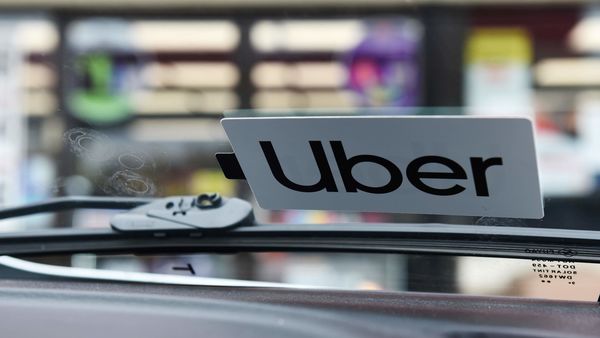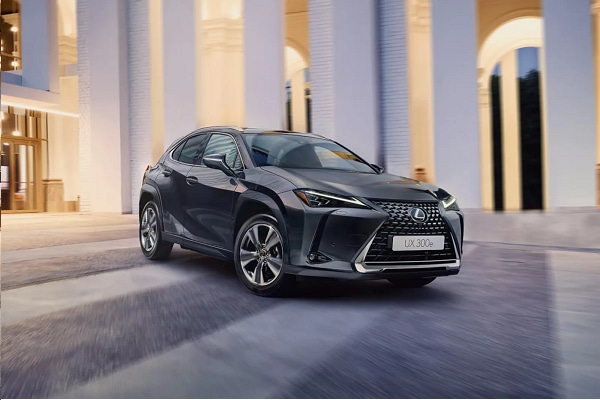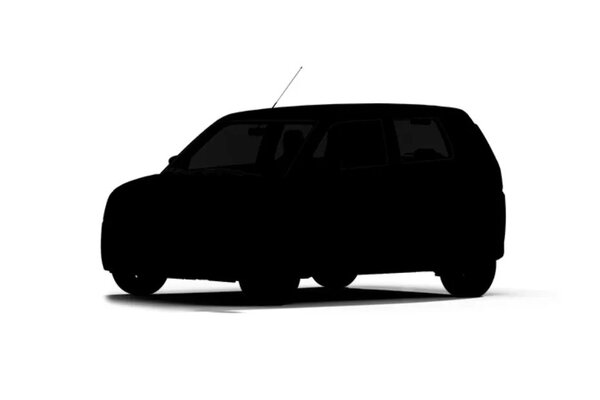Uber considers franchising in response to California labor law
- This move would create distance between the ride-hailing company and its drivers and would serve as an alternative to classifying them as employees.


In another sign that a new law in California could force dramatic changes to ride-hailing in the state, Uber Technologies Inc. said it’s considering licensing the brand to independently operated franchises. The move would create distance between the ride-hailing companyand itsdriversand would serve as an alternative to classifying them as employees.
Uber said the model would look similar to its black-caroperations in theearly days. “Drivers would likely earn a predetermined hourly wage for their time on-app, but in exchange, fleets would likely monitor and enforce drivers’ activity and efficiency, for instance by putting drivers into shifts, dictating where and when they drive, and enforcing trip acceptance criteria," Matt Wing, a spokesman for Uber, wrote in an email. “We are not sure whether a fleet model would ultimately be viable in California."
Also check these Vehicles
The internal discussions were reported earlierTuesday by the New York Times. The newspaper also said Lyft was exploring a similar model. A spokeswoman for Lyft said the company has looked at “alternative models" but declined to comment on thedeliberations.
Also Read : Uber seeks court reprieve after California shutdown threat
Each company hasbeen exploring a range of options in California as they grapple with a state law that went into effect this year requiring businessesto offer employee benefits to workers who carry out operations core to the business.Doing so would require ride-hailing companies to guarantee minimum hourly wages and provide various other benefits. Uber and Lyft have said such changes would put significant strain on their business models and that thelaw cuts against the wishes of many drivers.
The companies have already made other adjustments to try to lessen the impact of the California law, known as Assembly Bill 5. Earlier this year, Uber began offering drivers more flexibility to reject rides and set their own rates, hoping to bolster their arguments that drivers were entrepreneurs using theplatform rather than workers for the company itself.
Also Read : Uber CEO says drivers value freedom not afforded to baristas
The moves haven’t been enough to mollify state officials, who sued Uber and Lyft in May. This month a judge issued an injunction, saying that the companies would have to begin classifying drivers as employees within weeks. Uber and Lyft have appealed, and both have said they could leave California if they don’t prevail in court. They’re also backing a ballot measure to overturn the law.
Moving to a franchise model wouldn’t necessarily solve the problems. There aren’t enough existing fleets to absorb the demand inthe entire state. This could mean Uber and Lyft would stop operating in all but the biggest marketsand that prices would rise significantly.








 40 kWh
40 kWh 150 Km
150 Km



 998 cc
998 cc Petrol
Petrol














